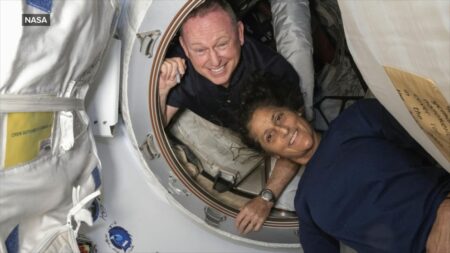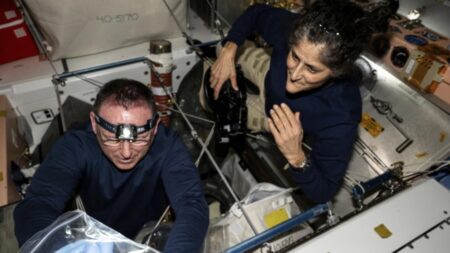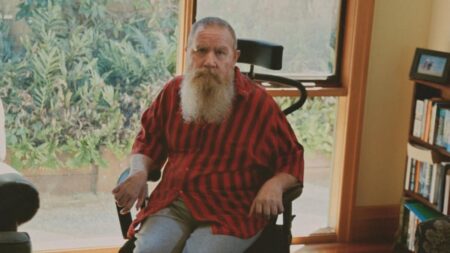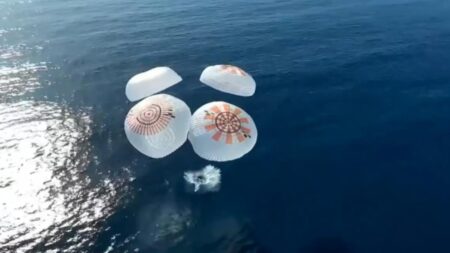The United Arab Emirates has marked a significant step in space science by helping discover new exoplanets. The Al Khatim Astronomical Observatory, based in the Abu Dhabi desert, participated in observing and confirming planets outside our solar system. This achievement shows the UAE’s increasing role in global astronomical research.
Exoplanets are planets that orbit stars beyond the solar system. Discovering these planets helps scientists better understand the universe and explore the possibility of life beyond Earth.
The UAE’s observatory worked with NASA’s Transiting Exoplanet Survey Satellite, known as TESS. This satellite detects tiny dips in starlight when planets pass in front of their stars. The Al Khatim Observatory joined the TESS Follow-up Observing Program in June 2024 after completing specialized training and tests. This partnership highlights the UAE’s commitment to scientific progress and space exploration.
This success adds to the UAE’s growing achievements in space. In early 2025, the country celebrated the anniversary of its first human spaceflight, marking a milestone in its space history. The UAE has launched six satellites this year, including Thuraya 4, MBZ-SAT, Al Ain Sat-1, HCT-SAT 1, the second phase of the Foresight Constellation, and Etihad-SAT.
The Mohammed Bin Rashid Space Center signed a deal with Thales Alenia Space to develop a key part of the Gateway Lunar Space Station. This project involves partners from the US, Japan, Canada, and the European Union. The UAE joined the Gateway project in January 2024 and aims to send the first Emirati and Arab astronaut to orbit the Moon.
These efforts show the UAE’s strategy to become a leading nation in space science and technology. The country is investing in infrastructure, education, and international cooperation to support its goals. The discovery of new exoplanets is a clear sign of the UAE’s growing expertise and ambition in exploring the cosmos.















